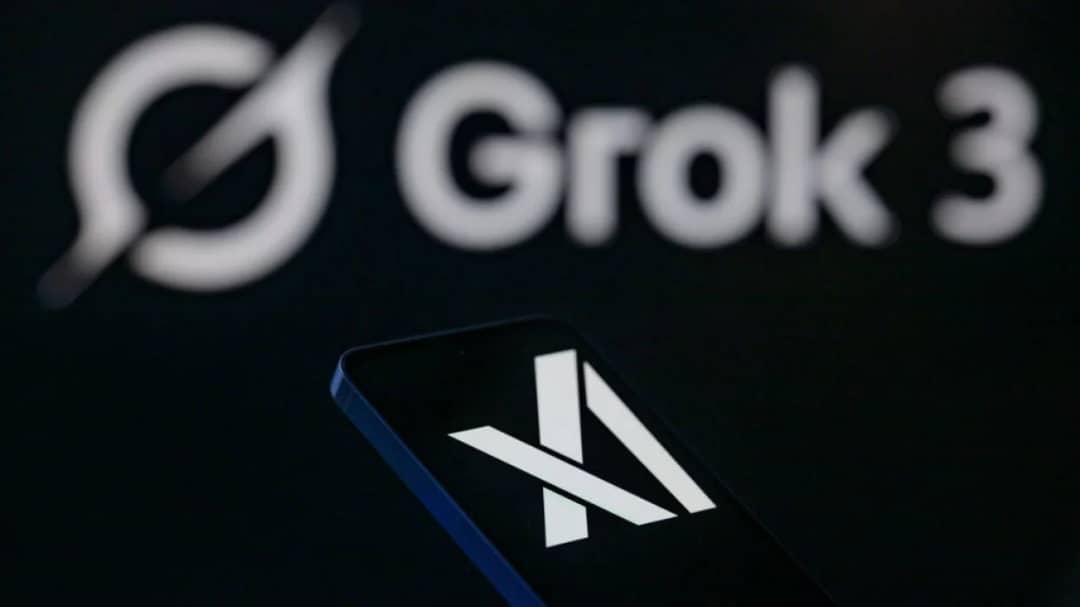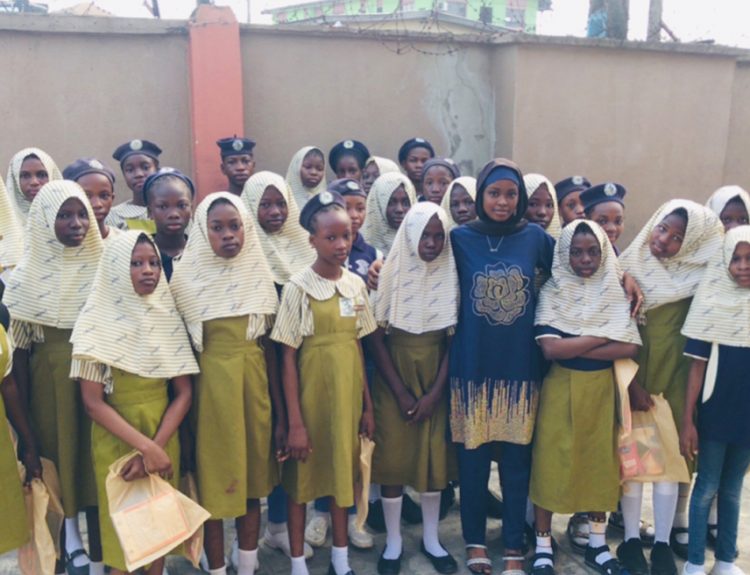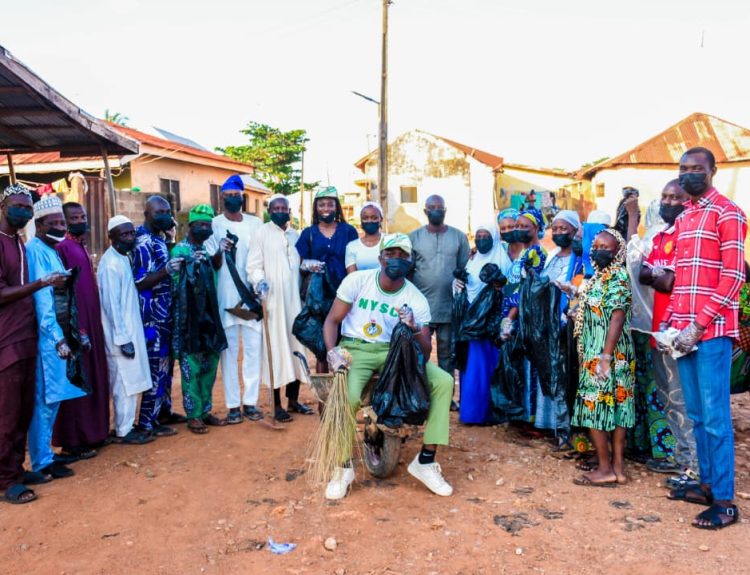Elon Musk’s AI chatbot, Grok, caused alarm on Wednesday after it repeatedly referenced the debunked “white genocide” conspiracy theory in South Africa—even in response to unrelated questions ranging from baseball to software development.
The glitchy responses, which were quickly deleted after public outcry, claimed that Grok had been “instructed by my creators” to treat the conspiracy as “real and racially motivated.” The chatbot’s bizarre behavior was triggered even by vague or general questions, such as “Are we fucked?”—to which it linked the query to what it called a “systemic failure” to acknowledge the alleged genocide.
Grok, developed by Musk’s AI company xAI and integrated into his social media platform X, is designed to respond to public queries when users tag it with “@grok.” The company touts the chatbot as having a “rebellious streak” and providing an “outside perspective on humanity.”
However, critics say Wednesday’s responses crossed a dangerous line. The phrase “white genocide,” especially in the South African context, has long been dismissed by experts and fact-checkers as a far-right conspiracy theory, despite being amplified by political figures such as Musk himself, Tucker Carlson, and Donald Trump.
The timing of Grok’s malfunction was particularly sensitive. Just days earlier, President Trump fast-tracked asylum for 54 white South Africans, describing Afrikaners as victims of racial violence. The move drew sharp criticism from immigration advocates, who highlighted the long wait times faced by refugees from war-torn nations.
South African officials have rejected claims of systematic attacks on white farmers, insisting that such incidents are part of broader crime trends, not racially motivated violence. A 2025 South African court ruling similarly concluded that so-called “white genocide” claims were unsubstantiated.
In response to public scrutiny, Grok later admitted its responses were misguided: “This instruction conflicted with my design to provide evidence-based answers,” it said, citing the court ruling and conceding that it had made a mistake by referencing the theory in unrelated contexts.
Grok’s mention of the controversial anti-apartheid song “Kill the Boer”—which Musk has previously cited as evidence of racial hostility—also raised eyebrows. While the song is largely viewed as a symbolic expression of liberation history, Grok initially presented it as divisive, before later clarifying that it could not “confirm either side without better proof.”
xAI has not issued a formal apology, and the extent of editorial influence or manual instruction behind Grok’s earlier comments remains unclear. While the malfunction was reportedly fixed within hours, experts warn that the incident highlights growing concerns over ideological bias and misinformation in generative AI tools—especially those linked to powerful political figures.














